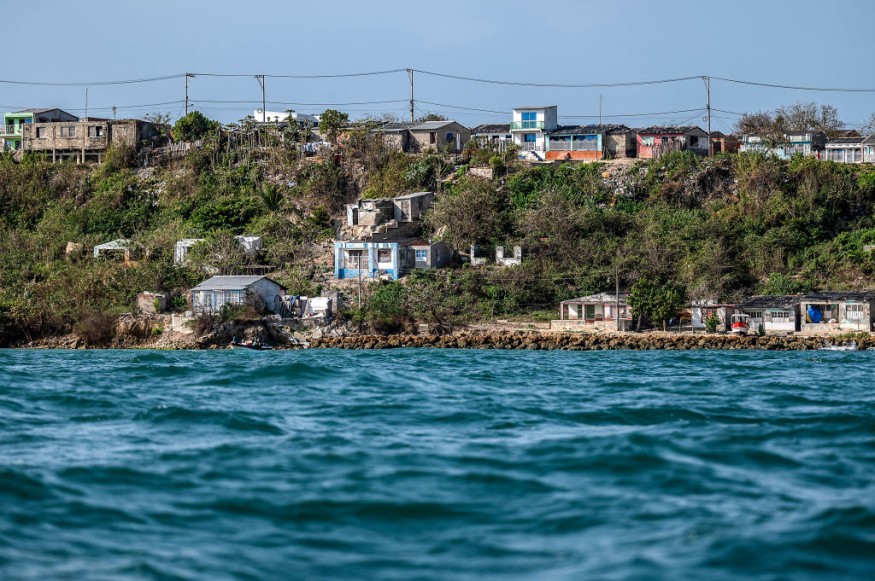
Experts believes that earthquakes may become more intense and closer together as a result of climate change.
The melting of glaciers is accelerating due to global warming. The land that was beneath the melted glacier water rises when it runs off land and into the sea.
Sea Level And Glacial Melting
Among the most enigmatic and terrible of all natural calamities are earthquakes. While experts can prepare when the major ones will strike, smaller ones can strike seemingly at any time, destroying entire cities and causing smaller disasters like fires, landslides, and tsunamis.
Just like hurricanes and wildfires, two natural disasters which are becoming more and more common as a result of climate change, earthquakes are being influenced as well.
Earthquakes caused by the earth's crust and upper mantle, which consist of large rock slabs known as tectonic plates, are the most dangerous to people.
These plates slide against one another by half an inch (1.5 centimeters) on average per year due to heat from deep within the globe. These regions experience increasing pressure that eventually reaches a breaking point where the plates will abruptly move and release energy that results in earthquakes.
An upcoming rise in sea level along with glacier melts may make future earthquakes more frequent, according to John Cassidy, earthquake seismologist at the Geological Survey of Canada and University of Victoria.
The risk of earthquakes caused by glacial retreat is less than that of which may be associated with rising sea levels. Increase in sea level results in an increase in underwater pressure on the seabed and therefore on the fault lines near the shore.
According to researchers, many earthquakes that are anticipated soon close to San Francisco and Los Angeles still have late seismic cycles. Consequently, the geological clock can be moved faster with slightly higher temperatures. It could trigger earthquakes in several regions.
The pause in sea level rise could take up to a millennium, even in the event that we immediately ceased utilizing greenhouse gases. He projects that throughout that time, there will be fewer significant coastal earthquakes spaced out over time.
Significant Changes In Pressure
Cassidy is unsure if, at least during our lifetimes, sea level rise would result in a significant enough change in pressure to accelerate these massive earthquakes.
He underlined that the effects of climate change will increase their risk when they occur. As sea levels rise, earthquake-caused tsunamis will extend farther inland. Increased rainfall brought on by warmer waters will enhance the likelihood of landslides caused by earthquakes.
As any vibration in wet ground is far more intensified than in dry ground, rainfall will likewise accentuate earthquake shaking. Again, though, we won't know for sure until it happens, and Cassidy says there are still a lot of unanswered questions.
"It's an important topic, and one that I'm sure we'll see a lot of information coming out on in the coming months and years," he said. "But no matter what we've discovered, it's not good news."
© 2025 NatureWorldNews.com All rights reserved. Do not reproduce without permission.





